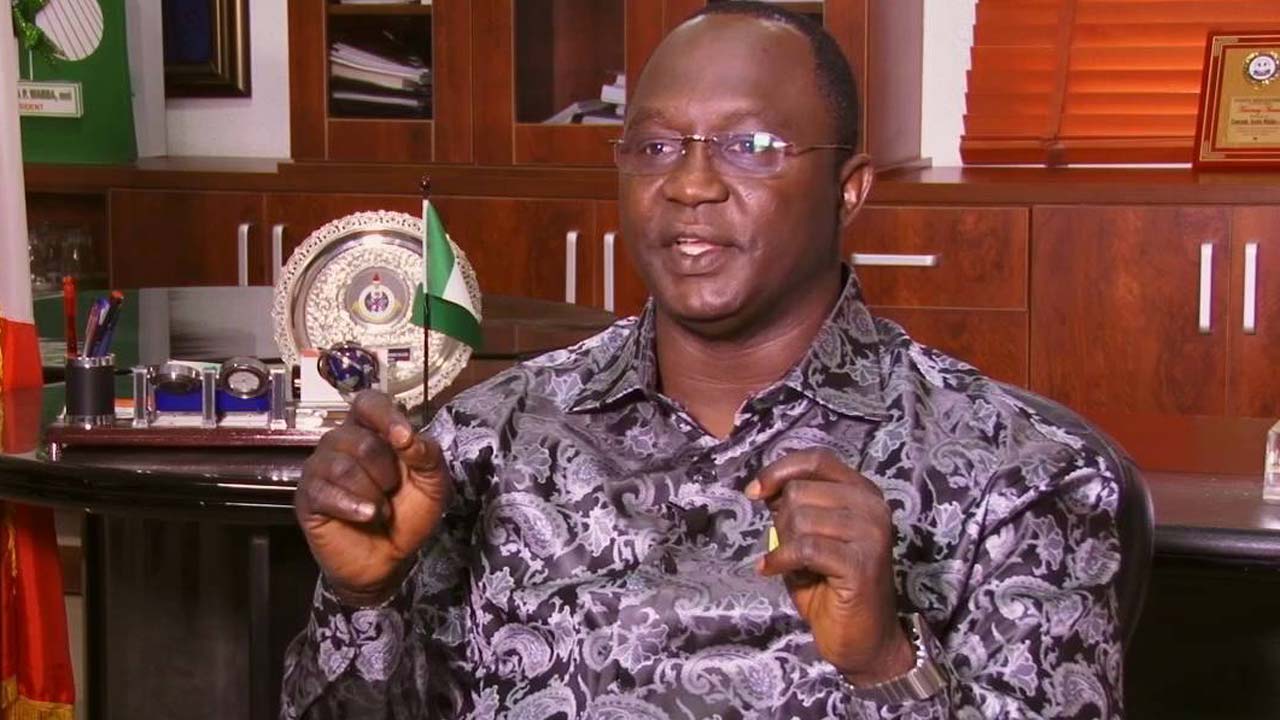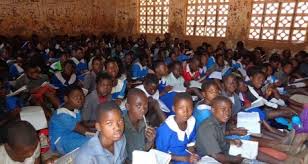MORE facts have emerged on the underground moves to push through the bill seeking to transfer Labour Matters from the Exclusive Legislative List to the Concurrent Legislative List which passed through the Second reading in the House of Representatives in 2021 before public outcry against the bill forced the legislators to stay action on it.
The bill sponsored by Garba Datti Muhammed, (All Progressives Congress, APC, Kano), according to him, is to alter the 1999 Constitution (as amended), among others, in line with the growing demand for the devolution of power in the country.
Besides the plans to remove the minimum wage from exclusive list, it is also aimed at banning strike. But the ultimate aim, it was gathered, is to weaken Organised Labour and render it powerless.
It was gathered that about three governors alongside other anti-democratic forces in the National Assembly are behind the obnoxious plot.
Weakening democracy
In a chat with Vanguard, President of Nigeria Labour Congress, NLC, Ayuba Wabba, said the conspiracy is all aimed at weakening labour and warned that “weakening labour also means that we are undermining democracy because trade unions, labour and civil societies are the strongest pillars of democracy globally. At the 8th National Assembly, the same process was started by a few and the only difference is that when the joint committee of the House of Representatives and the Senate met in Lagos to consider their final position, I was there to speak on issues pertaining to labour. After I finished my presentation, all the people present were unanimous that these are issues that are so germane. That was how the idea was dropped and it never featured in the 8th National Assembly’s constitutional amendment report.
READ ALSO: 2023: Next President should strive to reunite Nigeria — Abubakar Baraje
First is to look at the entirety of the issue, it is not just about strike, it is also about control and to try to interfere possibly in the running of unions which is also against the principle of freedom of association and the right to organise. Attempts have been made to try to limit the issue of strike but I think that is an issue that is well provided for in our laws and even when the issue came up in the Medical Health Sector, it was defeated at the floor.
This one in particular is being pushed by very few retrogressive persons. We have identified one governor as the arrowhead of those that are pushing it. Some of his colleagues have also informed us. It is about the issue of trying to pay slave wages and enslave people. But they forgot that the Labour Law is about employer and employee relationship which has a whole issue of international standards.
Global standards
Labour is not a commodity which has been made very clear by the Philadelphia Declaration, labour has global standards that countries strive to attain. Part of the agenda of the International Labour Conference, ILC, every year, is to look at how countries have ratified and domesticated labour laws and importantly, how those laws are being implemented. That is why ILO has a standing committee on monitoring labour standards, a committee of jurists and the committee of experts who examines labour laws. There, only a country as a sovereign, is held responsible not the sub-nationals. So, in the case of international protocols, conventions that are ratified by a country, it is such country that is held responsible. You can see that from South Africa to Ghana, Zambia and all the countries within Africa, all of those laws are promulgated by their parliaments.
That is to tell you that the parliaments represent the sovereignty of the country and all conventions can only be ratified and such laws are also domesticated through the acts of parliament. When you transfer such to the states, you are transferring the powers of the National Assembly to the states. Under the international conventions and including the constitution of ILO, the sovereignty of a country can only be domesticated by a country.
FG rejects Bill
During the public hearing, all the states where labour submitted a memorandum, nobody came to support the idea of moving labour from the exclusive list to the concurrent list because we followed up the public hearing in all the states and our memorandum has been submitted to all members of the National Assembly. The position of the Federal Government through the Minister of Labour and Employment is that labour should not be moved to the concurrent list because Nigeria as a member nation of the ILO, has obligation under its international covenant with the ILO to respect those laws and it is only Nigeria as a government and the parliament that will be held responsible.
That position has been made very clear and unambiguously by the Federal Government which understands those laws. Obviously, this is coming from few anti-democratic forces. They do not understand the fact that trade unions are the strongest pillars of democracy anywhere in the world. If you look at what is happening in Myanmar today, for the past seven months, there has been a military takeover and unions are on the street protesting to make sure democracy works for the people.
This is where democracy works but not in this situation where the rights we have earned on the 17th of October 1960 when the National Parliament passed a law and domesticated some of those conventions, we are coming 60 years down the line to undermine those rights and laws. It is something you cannot but imagine. Even under the military, none of the military governments contemplated such a move. What they did was try to put you in jail or have your movement undermined which is also undemocratic.
Strengthening institutions
The challenge we have in our country today is because we have weak institutions. We need to strengthen our institutions not persons and that is why you have seen even of recent, the US President, Joe Biden, is personally advocating that all employers and government should allow their workers belong to trade unions which he said openly. This is what is happening around the world. If we want strong democracy, accountability, the rule of law, then you must have strong institutions. NBA, ASUU, and other professional associations must be strengthened, but most importantly Labour.
Also just to remind you that in 2019, when the centenary of the ILO as an institution was celebrated in Geneva, we had 46 heads of government and all the superpowers participated in that centenary conference where we looked at the issue of the future of work and there is a Future of Work Commission jointly chaired by President Cyril Ramaphosa of South Africa and the President of Sweden and we had presidents and prime ministers of 46 countries around the world from Germany to France coming together to actually speak about the centrality of the fact that labour rights need to be respected and promoted and that labour is not a commodity. So, you can see the importance of these institutions globally. It is the first agency of the U.N formed in 1919 after the First World War and has survived till date and its laws are being implemented in all the countries that are member-nations of the ILO.
One wonders at this point in time whether we are making progress or retrogressing after 60 years of becoming a member-state of the International Labour Organization.



























